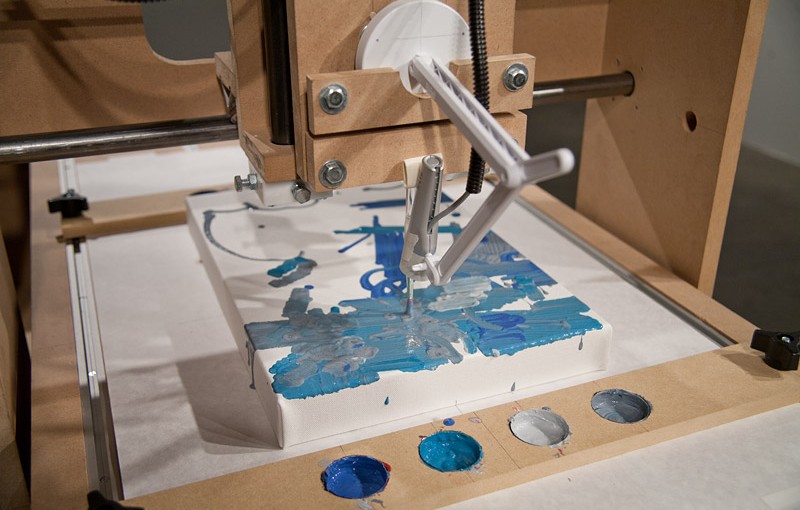While art has always benefited from technological innovation, we are now in an age where machines can directly help people create more interesting and innovative content. But can machines be autonomously creative?
This question is more philosophical than scientific, because humans must first define creativity before they can replicate it in machines. But what about the other way around? Can we build systems that simulate creativity to help us better understand creativity in humans? Scientists in the field of computational creativity are trying to do both! In March, the Innovation Forum Lausanne organized a Masterclass at the 2016 LIFT Conference in Geneva discussing the implications of machine-automated creativity on the human creative process and innovation. Special guest lectures followed by roundtable discussions between scientists, artists, and critics helped foster new interactions that extend our notion of the creative process.
Pablo Gervas, a professor at Universidad Complutense de Madrid, said that
“Even without a precise definition of creativity, attempting to simulate it in machines allows for the discovery of new ingredients required for human creativity.”
This suggests that building machines that mimic human creativity is in fact one very plausible way to better understand the creative process itself.
François Pachet, director of the SONY Computer Science Lab in Paris said
“The creative process can now be replicated artificially, with both amusing and useful outcomes.”
Bennie Mols, a science and technology journalist, said that
“Creativity can be differentiated with both a lower- and upper-case C.”
While creativity is becoming more replicable by machines, Creativity remains solely in the hands of humans, who are superior to machines in their ability to imagine beyond their own boundaries.
Cover image: Interactive Robotic Painting Machine by Benjamin Grosser
